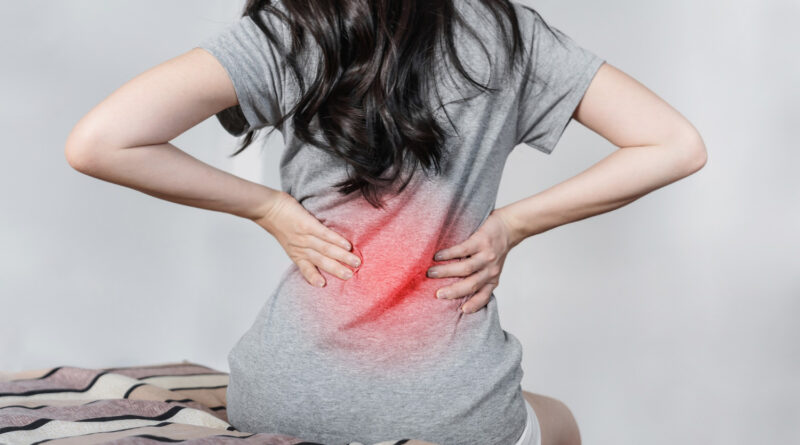7 Common Risk Factors For Disc Herniation
The bones in the spine are protected by round discs that operate as shock absorbers. Unfortunately, from time to time, these discs may protrude into the spinal canal, causing a condition known as disc herniation. Anybody who has suffered from a disc herniation Rego Park is familiar with the intense discomfort it may bring and how it can disrupt daily activities. As such, understanding what puts you at risk for a disc herniation could help you make smart self-care decisions to alleviate your current symptoms and prevent future herniations. Nevertheless, while most of these factors are controllable, others are not. Continue reading to learn more.
Being Obese or Overweight
Being overweight or obese is a significant risk factor for herniated discs. The additional weight causes a larger strain on your musculoskeletal system, resulting in increased strain on your spine and other structures. Added stress on the spine could produce bulging discs, which irritate the nerve roots and cause discomfort and tingling. By maintaining a healthy body mass index, you reduce the stress on the components of your spine, especially the discs.
Standing For Lengthy Periods
Occupations that require you to stand for long or twist your back for longer periods increase the wear and tear on the spine and make you susceptible to disc herniation. If your occupation renders you vulnerable to back issues, wearing an adaptable back brace is beneficial to protect and strengthen your spine.
Past Disc Herniation
If you have a record of disk slippage, you run the risk of experiencing it again. Discuss with your physician the strategies you may adopt to avoid future disc herniation. You could avoid the recurrence of a herniated disc by performing specific exercises, maintaining a healthy weight, and minimizing other recognized risk factors.
Aging
You cannot avoid becoming older, but you can control how you age. Maintaining good physical and mental fitness as you age contributes to a robust musculoskeletal system. Maintaining a healthy diet provides your body with the minerals, vitamins, and other substances required by your bones and supporting structures.
A minimum of 150 minutes of exercise per week contributes to preserving the musculoskeletal system. Besides keeping your body healthy and strong, appropriate hydration and flexibility also reduce wear and tear.
Sedentary Living
A sedentary lifestyle, particularly excessive sitting, strains the spine and raises the risk of back issues, including pinched nerves and herniated discs. Frequent moderate-intensity physical activity is essential for maintaining the health of your spine and improving the structures surrounding it.
Injury
Your spine is susceptible to injury. Any motion that rapidly twists your spine back and forth could induce disc movement. Accidents involving motor vehicles, improper lifting, and sports-related injuries are examples of rapid, jerking motions that can exert excessive strain on the spine.
Smoking
If you are a smoker, disc herniation is another reason you should quit. Smoking impairs cardiovascular function, particularly the delivery of blood, transporting nutrients and oxygen through the smallest vessels (capillaries) to structures such as the intervertebral discs. This diminished blood flow raises the likelihood that your discs will deteriorate and slows the healing process.
Disc herniation can occur in the back or neck region, and its discomfort is quite debilitating. If left untreated, a herniated disc could eventually result in lasting nerve damage or total spinal canal compression, which worsens the pain, and weakness and can even affect bowel and bladder functionality. Therefore, consult a professional if you identify any warning signs of a herniated disc.

